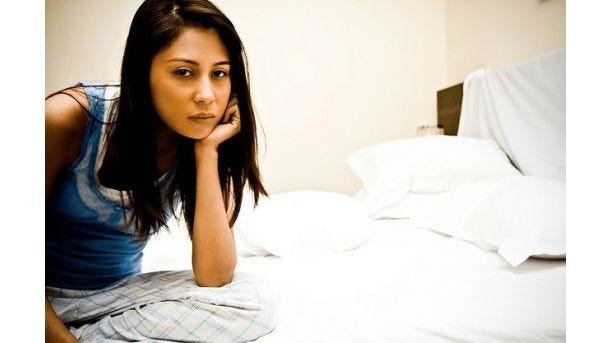Women and Sleep Apnea
We typically associate snoring and obstructive sleep apnea (OSA) with men, but OSA is actually more likely to go undiagnosed in women than men. And snoring is just the tip of the iceberg: women who snore are about twice as likely to have high blood pressure. They also have a higher risk of depression. Additionally, women are 33% more likely to suffer from stroke and heart disease than women who don’t snore. Continuous positive airway pressure (CPAP) breathing therapy is a proven method for controlling sleep apnea. It could make a significant difference for women suffering from sleep apnea. Leading CPAP manufacturers are taking note of apnea’s rise in women and are trying to increase awareness and added product lines specifically for women. Here are some things to keep in mind when dealing with CPAP for women.
- Just because you don’t snore doesn’t mean you don’t need CPAP. Other symptoms include: daytime fatigue, obesity, lack of energy, morning headaches, awakening gasping, or dry mouth on awakening.
- Look for masks with a smaller profile or extra small nasal pillows to allow for smaller facial features.
- Low-profile headstraps and soft wraps are more comfortable for a woman’s fit.
- To increase compliance, speak to your doctor about the best fit and model for you. Manufacturers have begun to take notice of the rise and have been designing masks specific to women.
- Become informed and knowledgeable about sleep apnea and the necessary equipment. Knowledge allows you to make the proper decisions about CPAP therapy.




